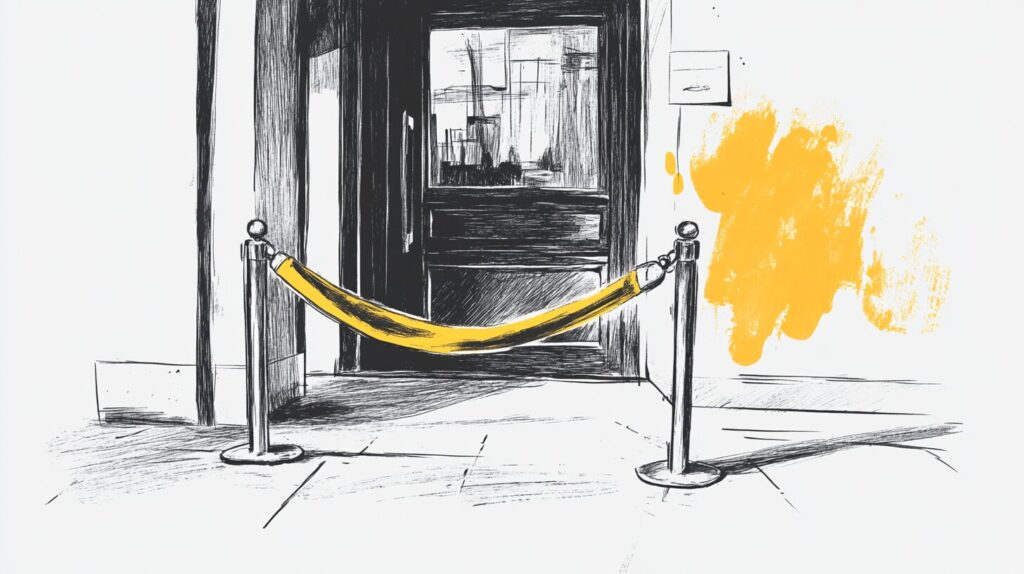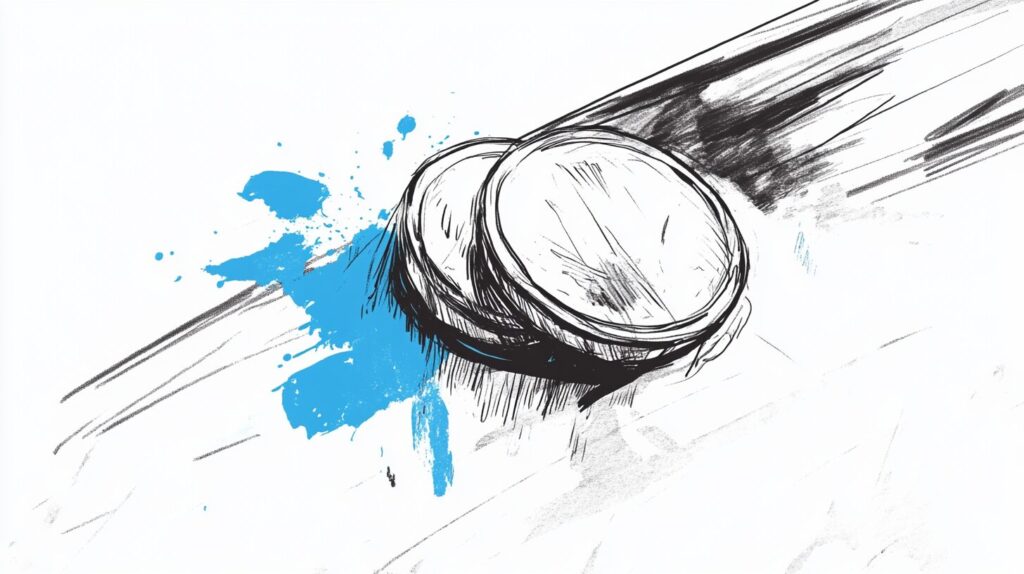If you’re struggling to book great guests for your podcast, you’re not alone. Most new podcasters think it’s a numbers game—send enough emails, pitch hard enough, often enough, and eventually, someone will say yes.
But that’s not how status works. And podcasting, at its core, is a status game.
Status–who’s moving up, and who’s moving down. We’ve been conditioned over a long period of time to notice and track status as part of navigating our daily life. Who eats lunch first? What college did they go to? How many Nobel Prizes did she win? How green is their front lawn?
Once you start seeing status roles, they’re impossible to unsee. Like gravity, they’re neither good nor bad, but they shape how we interact with everything around us—including who says yes to an interview request.
So if you want better guests, you need to stop playing the “I hope they say yes” game and start playing the “How do I leverage status?” game.
Influence Engine
Human behavior runs on status. We seek it, protect it, and make decisions based on it—often without realizing it.
People are more likely to say “yes” when they believe that doing so will either:
- Increase their status.
- Protect their existing status.
This is why getting high-profile guests is so hard when you’re just starting out as a podcaster. If someone with a large audience, influence, or reputation perceives your podcast as too new, too small, or too risky, saying yes doesn’t serve them.
But if appearing on your show raises their status, they’ll suddenly be a lot more interested.
The key is understanding how status is built—and using that to create conditions where saying yes feels obvious.
How TED Built a Status Machine
TED wasn’t always TED.
In the early 2000s, TED was a niche conference with a few hundred attendees in Monterey, California. Then something changed: TED Talks went online.
Suddenly, being featured on TED wasn’t just about speaking in front of 300 people—it was about having your talk seen by millions.
That changed the status equation.
- For speakers, having a TED Talk meant instant credibility—a status bump that led to book deals, speaking gigs, and media attention.
- For TED itself, making past talks public attracted more high-status speakers, who wanted their own moment on that stage.
The result? Demand skyrocketed. TED went from an exclusive, but relatively unknown event, to a global platform where the best thinkers in the world wanted to be seen.
And all of this happened because TED leveraged status.
How to Use This to Book Better Guests
The same principles apply to your podcast. The mistake most podcasters make is trying to jump rungs on the status ladder.
They think:
“If I can just get that one big guest, everything will take off.”
But it doesn’t work that way. Beyond the enormous challenge of booking high-profile guests as a new podcaster, the assumption that if you did–that rockstar guest would eagerly share your show with their audience, is almost sure to disappoint.
Because you have to build status step by step.
1. Create a Status Ladder
- Make a list of 10 people you’d love to interview.
- The first person should be someone who will 100% say yes—a friend, a colleague, your sister, a local expert.
- The 10th person should be your dream guest—someone completely out of reach today, but your big goal for the future.
Now, your job is to move up the ladder one rung at a time.
Would your 3rd guest be more likely to say yes after seeing who your 2nd guest was?
Would rung 6 be interested if they saw that rung 5 had done an episode?
Step by step, you make it increasingly obvious that saying yes to your show makes sense.
2. Use Social Proof–Even If Your Audience Is Small
Your podcast’s audience size doesn’t matter nearly as much as the perception of status.
- If you’ve had credible guests before, mention them.
- If you’ve been featured anywhere—even a small media outlet—highlight it.
- If you’ve got a unique angle or perspective, make that clear in your pitch.
New book authors pitching for major interviews don’t say, “I’m an unknown writer with a small following.”
They say, “My book was featured in [small but credible outlet], and I recently interviewed [someone recognizable in the industry]. I’d love to have you on to discuss [compelling topic that aligns with their work].”
If you make it obvious that people of status are already engaging with you, new guests will see it as a safe and worthwhile opportunity.
You don’t need millions of listeners—you just need the right signals that make someone say, “This is worth my time.”
3. Borrow Status from Other Platforms
If your podcast is new, find ways to borrow status.
- Write an article about a guest before inviting them on. Tag them. Start the conversation.
- Engage with their work publicly before making an ask.
- If you’ve got a bigger presence on another platform (social media, a newsletter, YouTube), use that to elevate your invite.
Instead of “I have a podcast with 200 listeners,” say:
“I have a podcast where I interview [relevant category] experts, and I’d love to feature you. Previous guests include [status-building names]. Our audience is [ideal audience], and I’d be happy to also promote the episode to my [other platform] audience of X.”
Suddenly, the pitch isn’t just about your podcast—it’s about a broader status opportunity.
Because in the end, people don’t say yes to podcasts.
They say yes to status.
If you enjoyed this post, please consider sharing it with someone else who might too–the buttons below can help.
Thank you!




